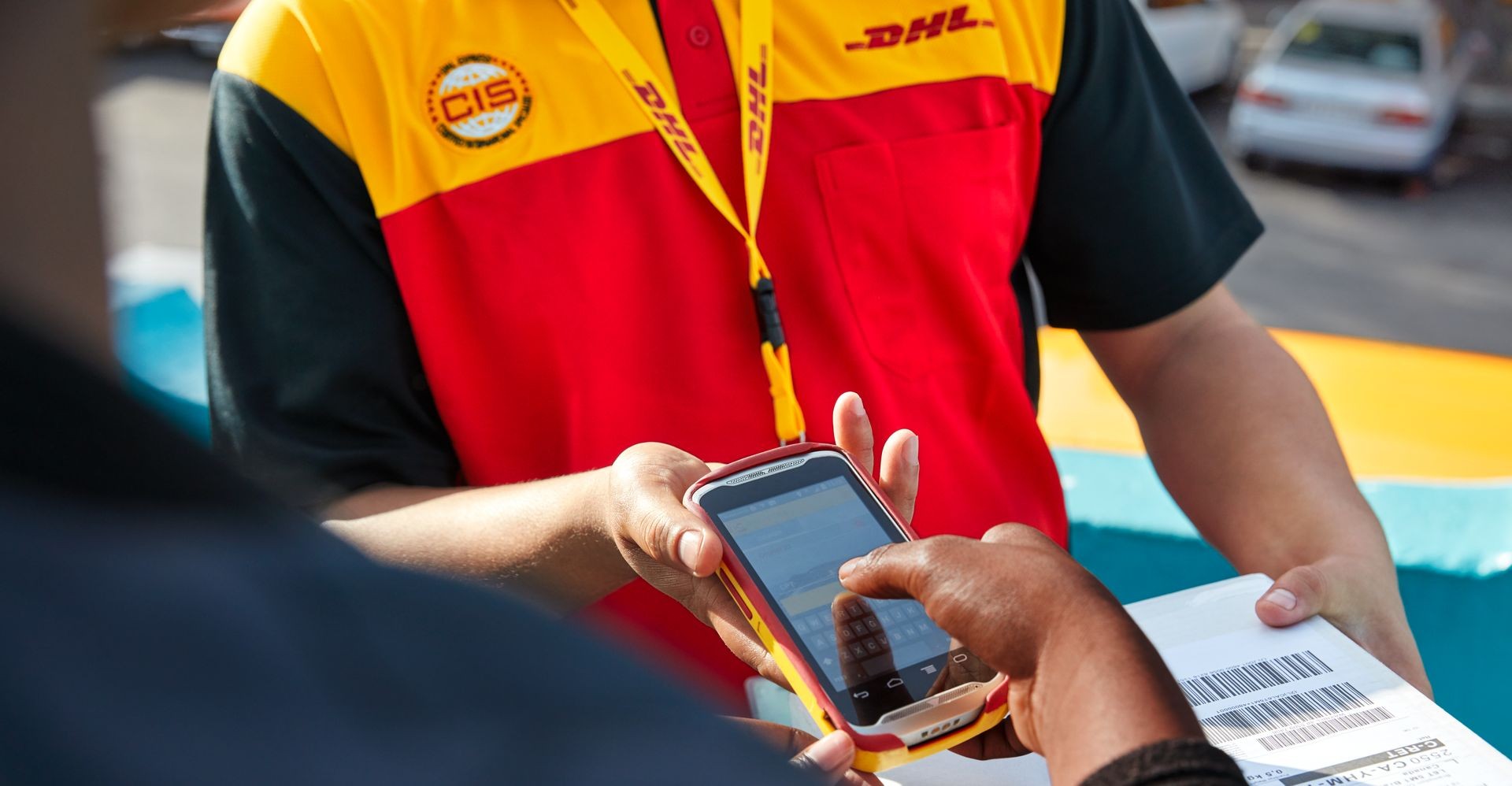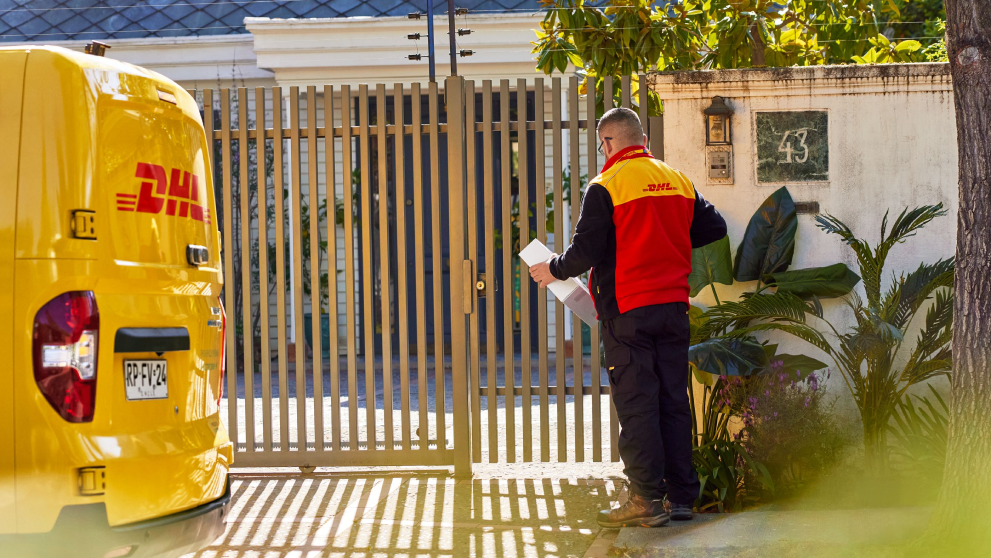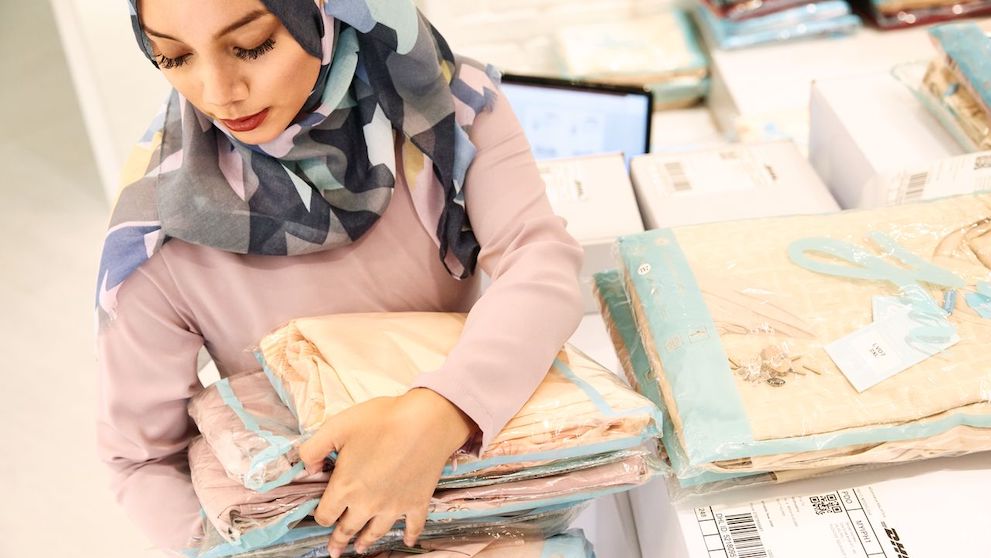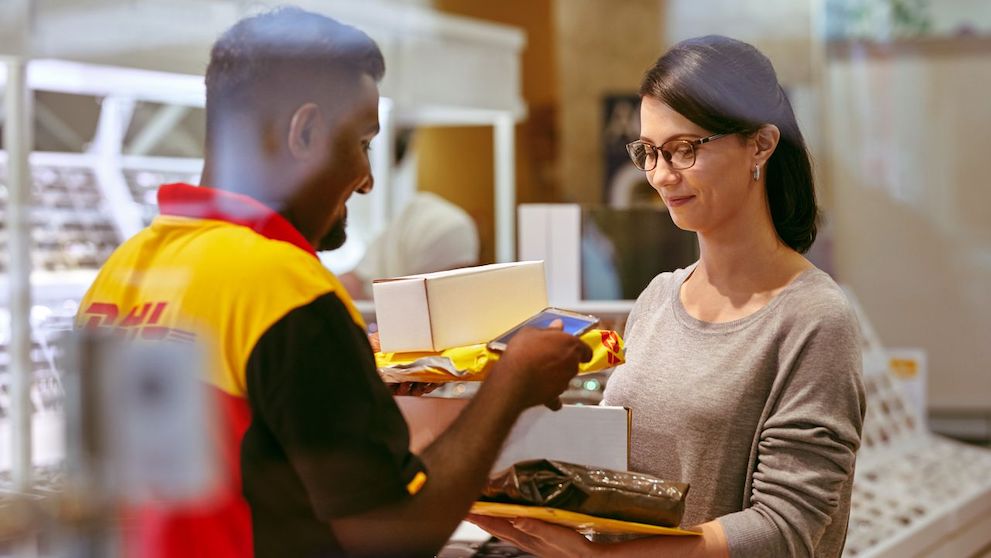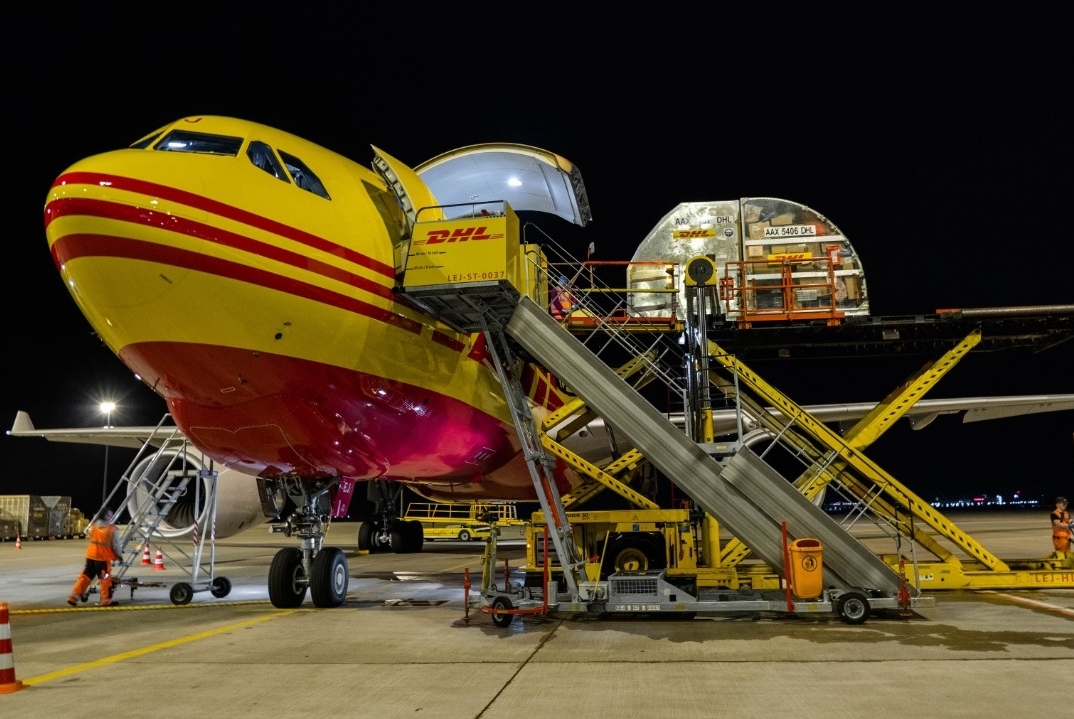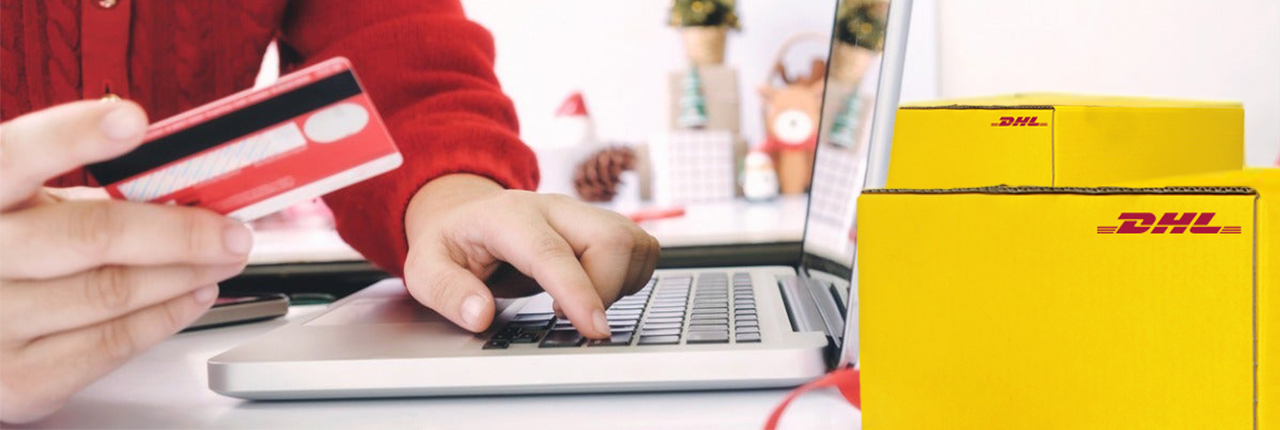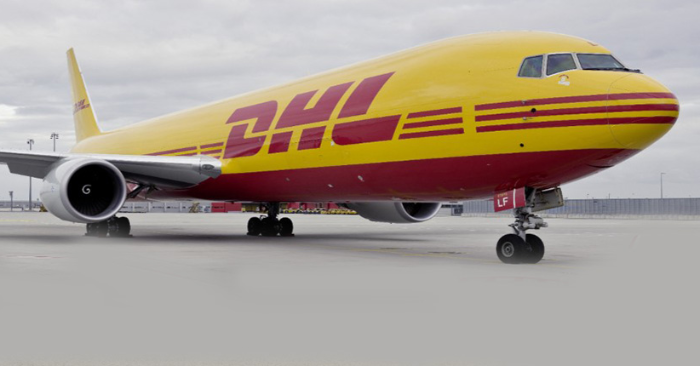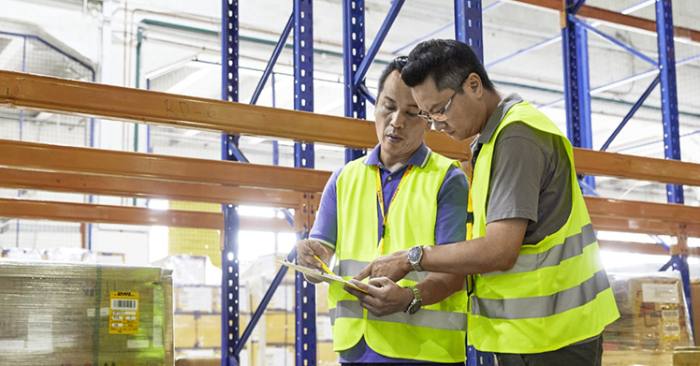The certificate of origin (COO), as we have covered previously, attests to whether a particular product is wholly manufactured, produced, processed or grown in a country of origin. This document is necessary during cross-border trade as it can help determine whether particular products from particular countries can be imported or not and whether they are subjected to any duties.
A COO may be required in Singapore during import and export to determine if the goods qualify for any special tariffs under free trade agreements (FTAs). The document is typically prepared by the exporter of goods and contains information like the basic details of the product being shipped, its tariff HS code, details of the exporter and importer, and the country of origin. There are two types of COO:
Preferential COO: This certificate certifies that the goods are subject to reduced tariffs during export from countries with which Singapore has signed FTAs with.
Non-preferential COO: This certifies that the goods do not qualify for any preferential tariffs during import/export. This is also called an ordinary certificate of origin (OCO).
So, how can you apply for one?
Process of applying for a COO
To apply for a COO, you will have to contact the customs at the country of origin. The process of applying for a certification of origin in Singapore entails the following steps:
1. Register your product
The first step is to register your new product or company with Singapore customs by filling up the manufacturer’s application form. You will have to supply information about the company, production details, and the types of CO that you wish to apply.
Ensure that you supply all the supporting documents, including the:
If you have already registered your company or product line with Singapore customs, you can move directly to the next step.
2. Submit manufacturing cost statement
The second step is to submit the manufacturing cost statement to Singapore customs. This cost statement is used to verify whether the goods meet the origin criteria under the respective FTAs. Once the cost statement has been submitted, it will take around seven working days to process.
3. Apply and collect the certificate
The next step is to submit the Certificate of Origin form with an export permit under the respective free trade agreements via TradeNet.
Once the certificate has been approved, you can collect it from the customs authorities either by yourself or another person through a letter of authorisation to collect it on your behalf. The CO must be collected within one month of its approval. Failing to do so will require you to apply for it again. Once you get the CO, check carefully to ensure that all information is correct before dispatching the CO with your shipment for export.
Who can issue an OCO and COO?
The Singapore customs issues OCO as well as preferential COs. However, other authorised organisations can also issue ordinary certifications of origin for the export of goods manufactured locally in Singapore or those goods from other countries re-exported from Singapore. These organisations include:
- Singapore Chinese Chamber of Commerce and Industry
- Singapore Indian Chamber of Commerce and Industry
- Singapore International Chamber of Commerce
- Singapore Malay Chamber of Commerce and Industry
- Singapore Manufacturing Federation
Once received, you can use the CO, export documents and other relevant permits while exporting from Singapore. Partnering with a trusted logistics carrier like DHL Express can ensure you a smooth delivery across the globe. Our team of experts are knowledgeable of the customs procedures worldwide and can assist you with all your customs-related issues.

